|
The University of Southampton kindly hosted the US-UK Fulbright Forum on its waterfront campus. The focus of this 3-day forum examined present and future global challenges facing coastal communities. On our first day, we were treated to a behind-the-scenes tour of The National Oceanography Centre Southampton (NOCS), one of the worldʼs leading research centers for the study of ocean and earth sciences, including rock preparation laboratories, paleomagnetism and environmental magnetism laboratory, and a multi-use aquarium and coral laboratory. At the end of our tour, the guide asked us to remember one thing: all of the work and advancements accomplished at NOCS occurred through a collaborative and cross-disciplinary spirit. NOCS is also the home of an Autosub, called Boat McBoatface (pictured below). This name won an online social media poll to name a new polar research vessel. Instead, the vessel was christened the RRS Sir David Attenborough to better align with the vesselʼs mission, but to honor the publicʼs choice in some manner a new Autosub was named Boaty McBoatface. My colleagues, Keith Thompson and Shana Ferguson, also wrote about their experiences of our Southhampton worth checking out. The second day the university organized tours of the Portsmouth dockyard where we learned about the Mary Rose shipwreck project and toured the HMS Victory, a living museum to the Georgian Navy. While walking on the docks, we stumbled upon the International Boatbuilding Training College (pictured below) which teaches the techniques of traditional wooden boatbuilding. It was housed in a beautiful space, which had a coffee house at the back of the building so that coffee goers would walk around the work and be able to look down upon it from their table. Juneau is revitalizing its docks and harbor. A space like this could be a good fit for our maritime community. The final day began with presentations from Southampton Marine and Maritime Institute (SMMI) who partners with organizations and universities across the globe to research topics related to our oceans, including climate change. During the Q&A, I shared that at least 31 Alaskan coastal communities may need to relocate as sea ice, which protected towns from erosive waves, disappears. To help prepare me for the forum, Senator Lisa Murkowskiʼs office kindly forwarded me documents related to the impact of climate change on Alaska. The Fourth National Climate Assessment Volume II: Impacts, Risks, and Adaptation in the United States published by the U.S. Global Change Research Program (USGCRP) dedicated one of its chapters to Alaska. In its Executive Summary, the report stated that "Ocean acidification is an emerging global problem that will intensify with continue carbon dioxide emissions and negatively affects organisms...Degradation of permafrost is expected to continue, with associated impacts to infrastructure, river and stream discharge, water quality, and fish and wildlife habitat" (2018). I greatly appreciate Senator Lisa Murkowski for drafting a letter specific to my request and desire to share Alaskaʼs story and perspective at the Fulbright Forum. Rather than a carbon tax, Senator Murkowski is in favor of developing renewable energy. She stated, "As a life-long Alaskan I certainly share your concern with the potential impacts of a changing climate on Alaska. I have certainly seen the effects of Arctic warming over the past several decades, which is why in January of last year, I joined 97 other Senators to vote in favor of an amendment affirming this fact. More recently I have been passionate in my efforts to pass comprehensive energy legislation, the Energy Policy Modernization Act, which would promote development of renewable energy." I believe the University of Alaska could be an important future partner with the University of Southampton.
The culmination of our time in Southampton ended with presentations by every Fulbrighter. We were divided into groups, and I was fortunate to be in sessions related to public health, the arts and humanities. As part of my presentation, I expressed my shared my goal of learning in more depth how the number of Gaelic speakers has increased so that I can help efforts back in Juneau to revitalize the Tlingit language, which has fewer than 200 fluent speakers. I ended the presentation singing a song in Tlingit from the Sealaska Heritage Educational Resources so that people from all over the US can hear and speak some of this beautiful language.
A sincere thank you to the entire team at University of Southampton for hosting this Fulbright Forum, which organized intellectual and interactive presentations, on-site tours of Southampton and Portsmouth, and opportunities for Fulbriyhters to connect and keep in touch. Next stop, Glasgow!
1 Comment
Joe Ver
2/10/2019 08:55:43 pm
Really liked the articles on climate change and how it is affecting Alaska. The article about moving the books was really inspirational. I bet if Hearthside (Downtown or Valley) were moving they would get plenty on Juneaunites to help move books also. Glacier Valley and Alaska are really fortunate to have you in this program.
Reply
Leave a Reply. |
Lorrie HeagyThis is a personal blog, sharing my experiences living in the UK from January - June 2019 as a Fulbright Distinguished Award in Teaching scholar. This blog is not an official site of the Fulbright Program or the U.S. Department of State. The views expressed on this site are entirely my own and do not represent the views of the Fulbright Program, the U.S. Department of State, or any of its partner organizations. Archives
July 2019
Categories
|
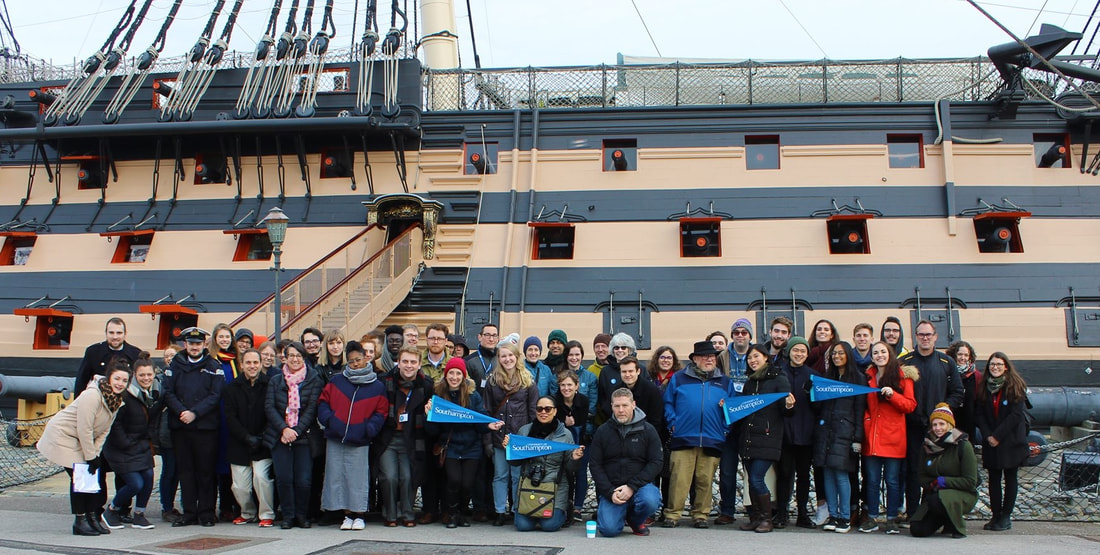
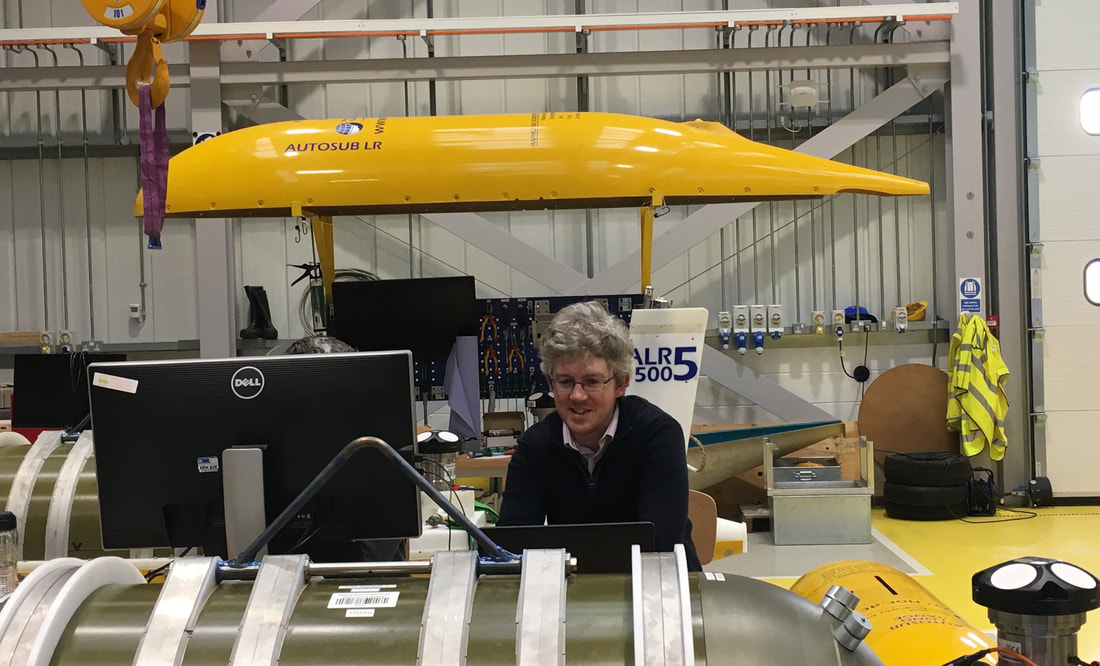
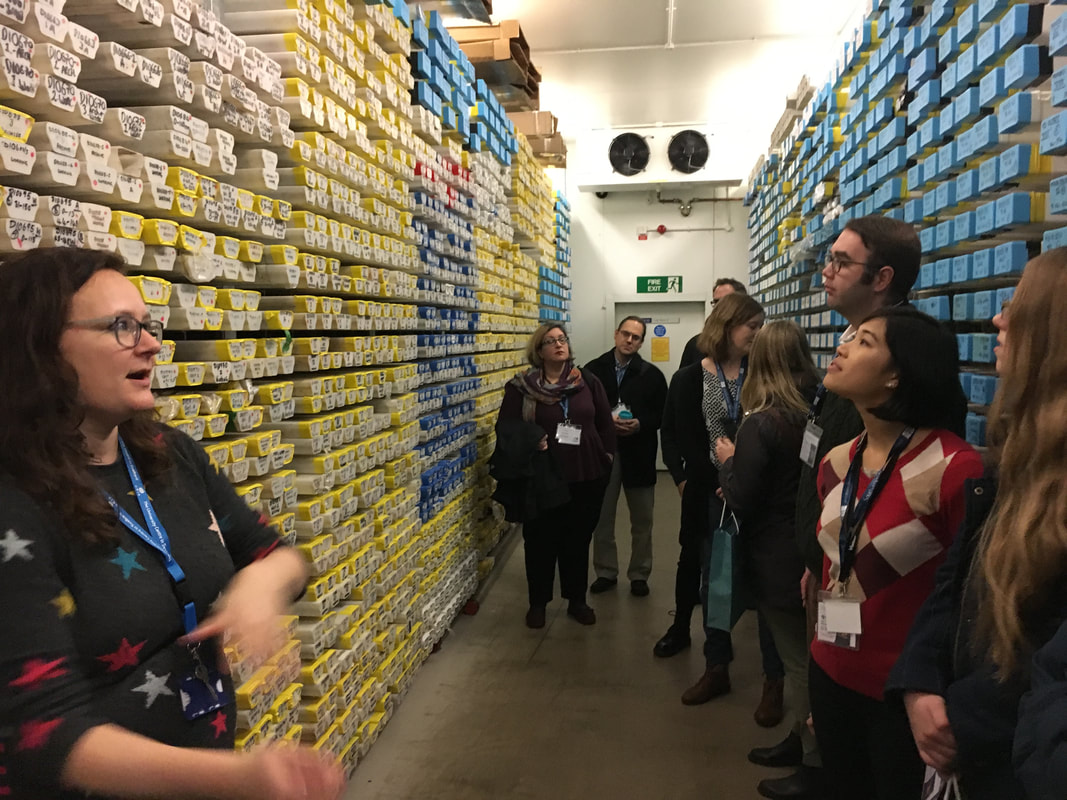
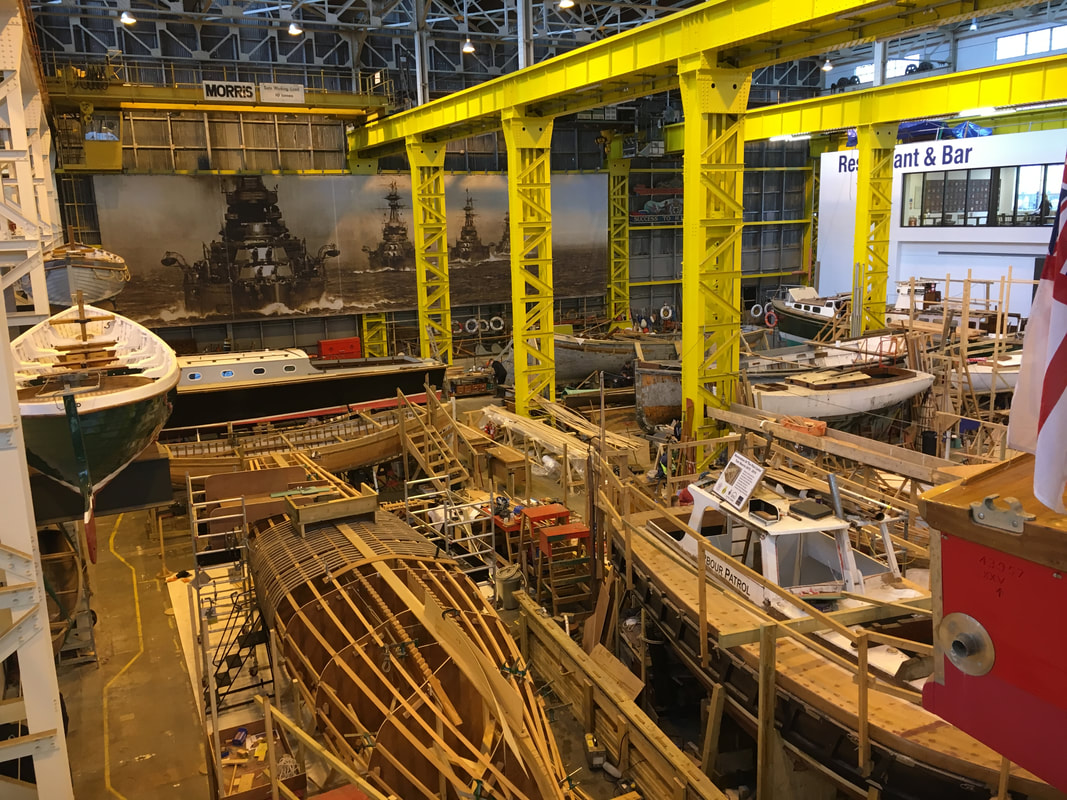
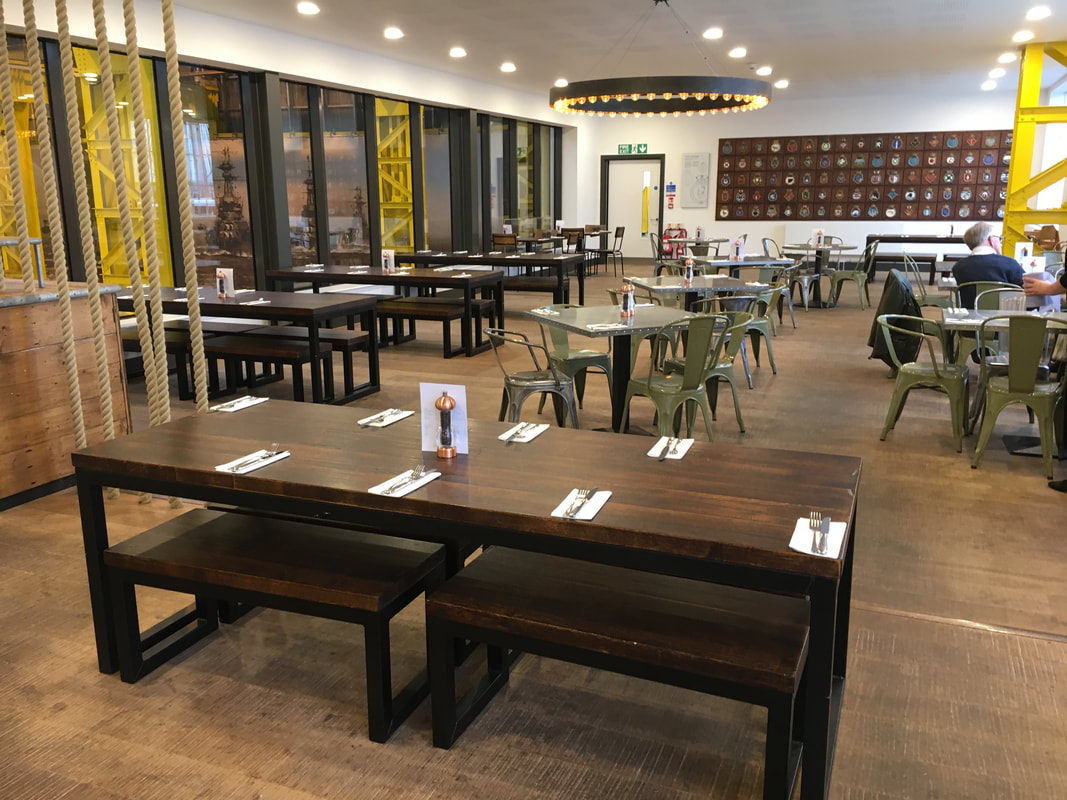
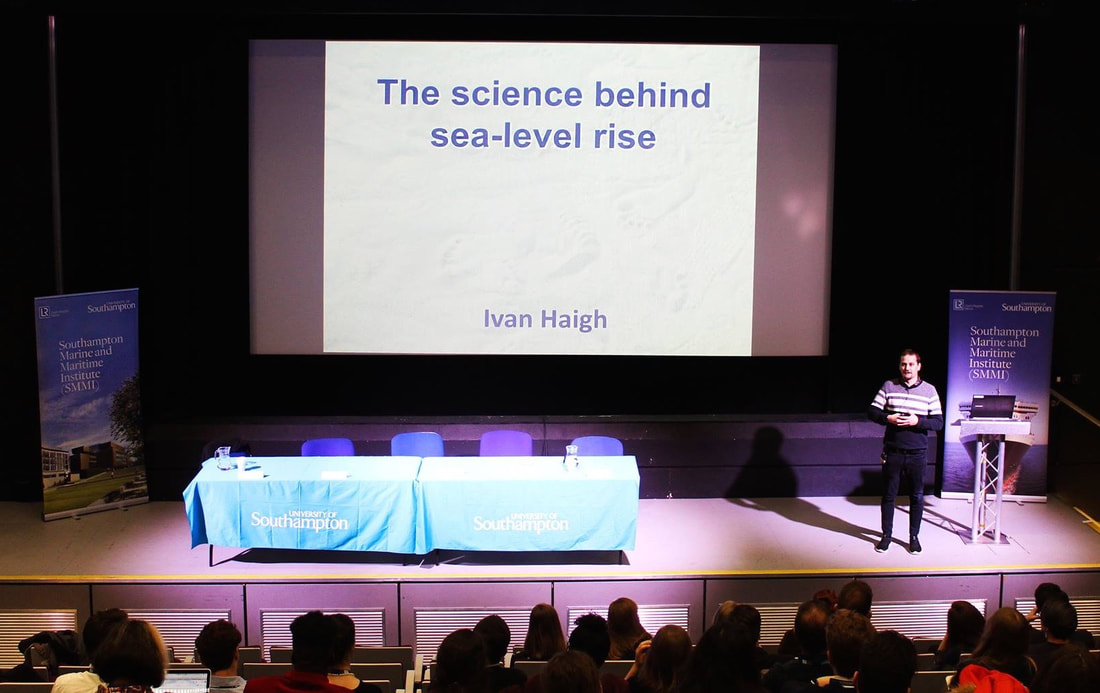
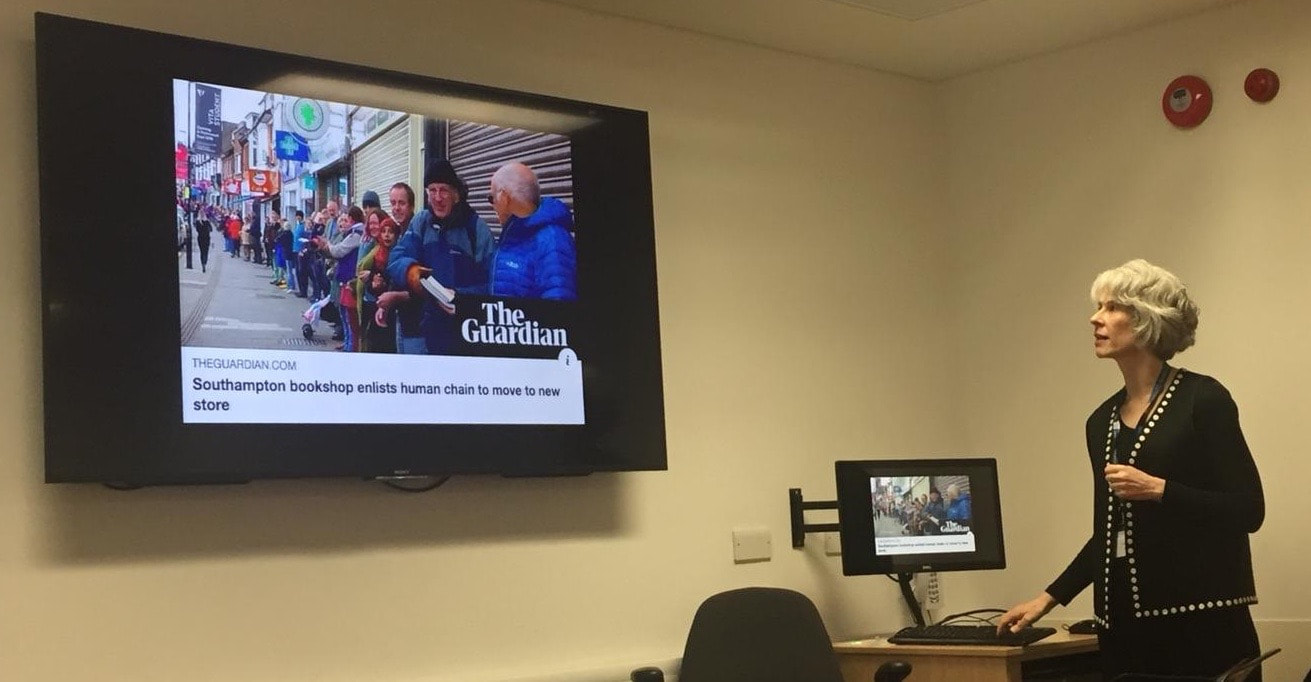
 RSS Feed
RSS Feed
